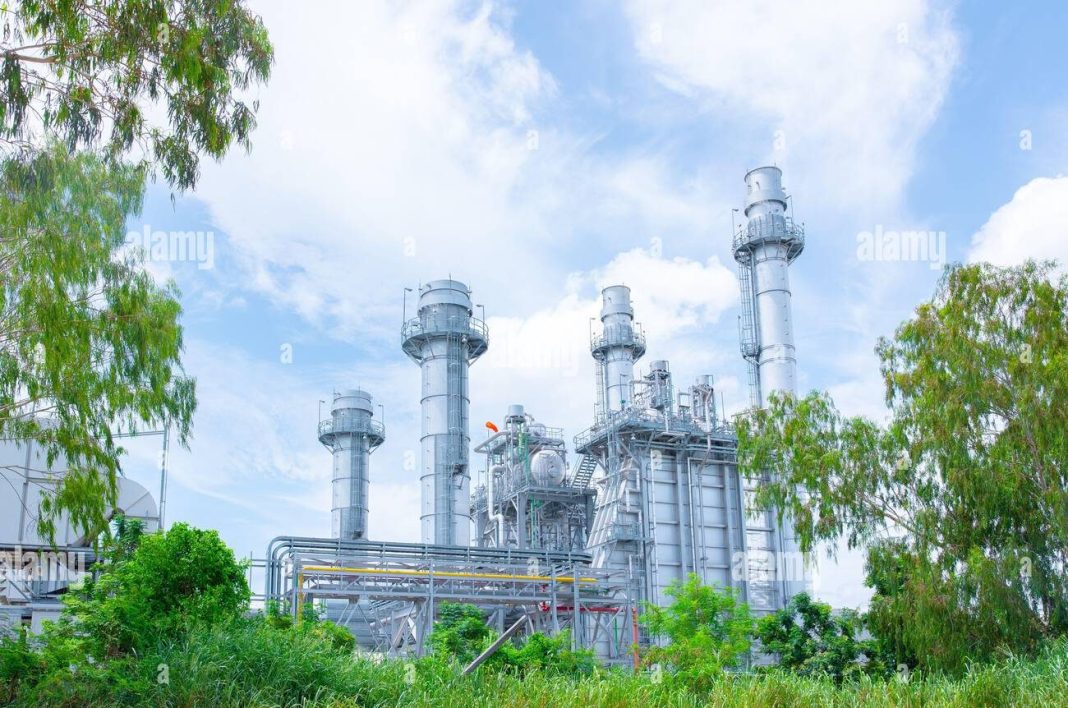Across the globe industry is facing mounting pressure to meet ambitious net-zero targets, and this has resulted in a growing urgency to adopt sustainable practices.
According to Iju Raj, Executive Vice President of Research & Development at AVEVA, the transition to a low-carbon economy requires a multifaceted approach that integrates clean energy, optimises industrial processes, and empowers businesses to innovate while meeting both regulatory demands and societal expectations. He said: “To be able to achieve these goals, companies must look to harness advanced technologies that enhance efficiency while enabling real-time monitoring, predictive analysis, and seamless integration of new, low-carbon solutions.”
Iju believes that AI will have a significant role to play when it comes to the sustainability of industrial plants and processes, pointing out that it will be crucial in driving the industry towards overall improved efficiency and sustainability. “The reason people aren’t using renewable energy everywhere currently is because it’s still too expensive, and often not as reliable as traditional methods of power production. If AI can be leveraged to drive down the cost of renewable energy and improve its reliability, using renewables will become a no brainer!” he said. “Of course, the objective of any business is to achieve profitability and long-term growth – so it is here that we are most likely to see a big shift on sustainability. Already, AI is helping organisations to become more efficient and to reduce emissions from industrial plants. The role of AI in boosting sustainability will only increase as the technology evolves”.
Offering an example, Iju highlighted that AI could be given an objective to minimise a factory’s greenhouse gas emissions using any available means that are legal, ethical, and safe. AI would take it from there by identifying underperforming assets, prescribing, and coordinating maintenance, and then improving the operational control of assets. This would, in turn, optimise fuel utilisation and, thus, minimise carbon and other harmful by-products that are released into the atmosphere. “While all of this activity will initially be under human supervision, in the future this could viably move to full autonomy,” he predicted.
Another technology that is key when it comes to improving the sustainability of industrial plants and processes are digital twins. “Digital twins are virtual representations of a physical object, process, or system. Their role is to simulate the behaviour, characteristics, and performance of their real-world counterparts.” The insight provided by digital twins allows organisations to optimise energy consumption with pinpoint accuracy, allocate resources far more strategically, and significantly slash emissions. Additionally, these digital twins allow companies to safely test new decarbonisation strategies, such as hydrogen adoption, without any risk of disrupting any live operations,” concluded Iju.
Non-negotiable technologies
Highlighting some key sustainability trends for industrial organisations, Rockwell Automation pointed to the adoption of emerging technologies such as artificial intelligence (AI), robotics, digital twins, Internet of Things (IoT), and augmented reality (AR) and virtual reality (VR) as being a non-negotiable part of becoming a more sustainable industrial organisation.
It warned that organisations that are not exploring or using these technologies will not be able to make any meaningful progress on achieving their sustainability goals. Why? Because emerging technology makes manual processes—plant operations, workforce training, and raw materials sourcing—more efficient and more effective in producing high quality output.
Rockwell advises that when considering the use of new technologies, it is important to first to test the water with a small pilot project focussing on just one technology. For example, the use of a digital twin to identify how to optimise operations for a single assembly line. Or the use of an AI tool for one piece of equipment to help determine opportunities for energy savings. Alternately, experiment with AR/VR glasses to train a group of remote workers.
Applying emerging tech to a targeted initiative will give the engineering team time to learn and gain early wins that can secure wider organisational buy-in. But it is important to keep moving forwards and increasing the use of technology over time.
Rockwell also highlighted the importance of ongoing employee education and training programs that upskill and reskill employees – who will be doing higher level work as automation processes are implemented. Sustainable industrial organisations should encourage employees to voice their opinions. Consider developing anonymous surveys, focus groups, online forums, and/or an open-door policy with managers. Enable employees to speak openly and safely about their level of well-being and what the organisation could improve.
Another important element of becoming a more sustainable organisation is to collaborate with your supply chain. Manufacturers need to adopt a holistic approach – collaborating with suppliers and partners to achieve sustainability goals and move to net zero. For companies with global operations especially, staying ahead of ESG regulations in different countries can be a challenge, which is why adopting the right technology and partnering with the right companies is crucial.
In Europe, the Corporate Sustainability Reporting Directive (CSRD) requires EU businesses – including qualifying EU subsidiaries of non-EU companies – to disclose their environmental and social impacts, and how their environmental, social, and governance (ESG) actions affect their business. The regulation includes reporting also on emissions data from across supply chains, commonly referred to as Scope 3 emissions, which completes the greenhouse gas inventory and is oftentimes the most complex to address.
Manufacturers cannot afford to fall behind on ESG policies. Sustainability efforts must be taken early on and therefore extend across the entire supply chain and leverage cooperation across companies. Regulatory changes and government incentives have been instrumental in shaping this new landscape and motivating manufacturers to incorporate sustainability into their operations. It is also widely reported that improved sustainability leads to improved productivity, and it is one of the key reasons that industrial organizations are adopting sustainability strategies today. So, if sustainability efforts are practical, connected directly to return-on-investment, and have a clear timeline, organisations will be more willing to commit.






